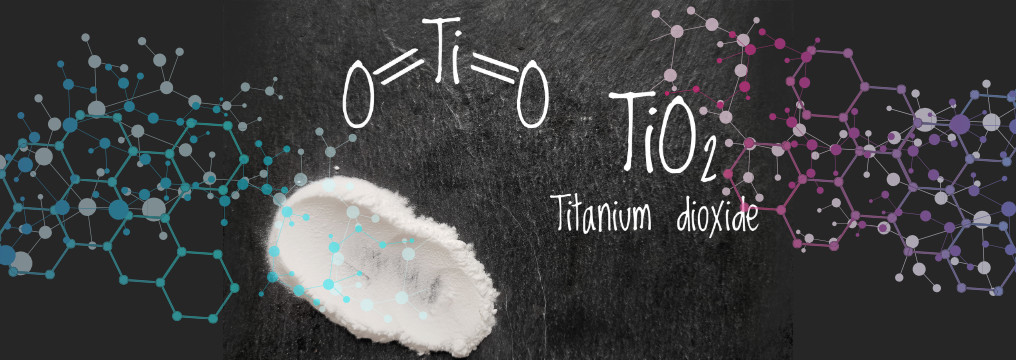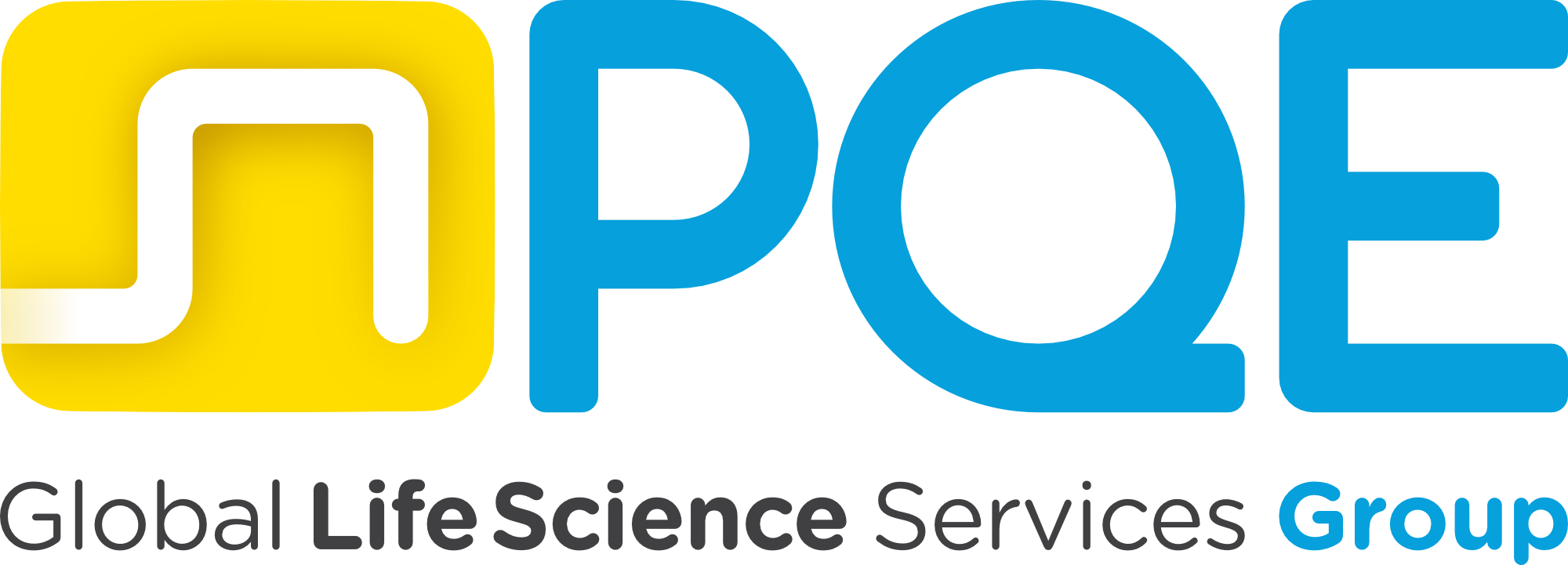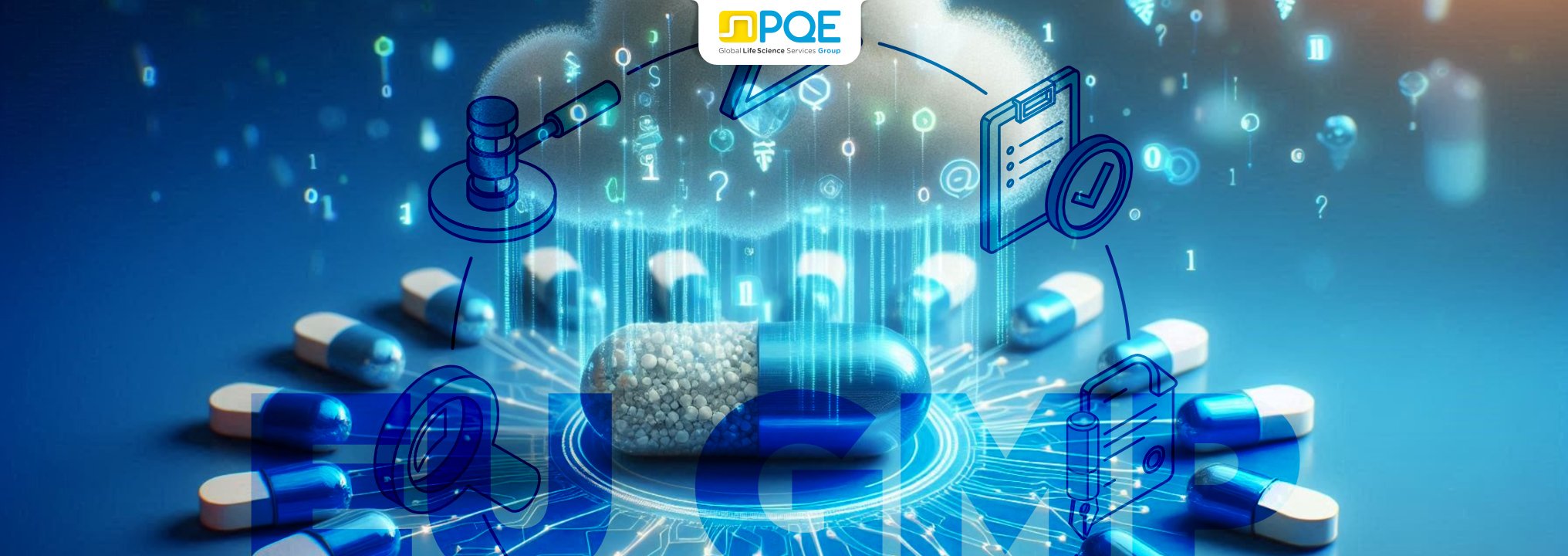
Quality Working report on impact of removal and related documents is expected to be discussed
Besides its use in the food industry, Titanium dioxide covers a crucial role in many pharmaceutical formulations, acting as pigment, coating agent, etc. A recent survey conducted by the representing association of Europe’s pharma industry – Medicines for Europe, the European Federation of Pharmaceutical Industries and Associations (EFPIA) – found that more than 90% of oral dosage forms contain titanium dioxide.
Following the EFSA Opinion, relevant concern arisen over TiO2 safety in pharmaceutical products due to the legislative link that exists between the use of a substance as a coloring matter in medicinal products and food additives: Directive 2009/35/EC restricts the use of pigments in human and veterinary medicinal products to those authorized in Regulation (EC) No 1333/2008 on food additives.
A High-impact workload on CMC update dossiers
Recently, in the Coordination Group for Mutual Recognition and Decentralised Procedures (CMDh) meeting on 14-16 September 2021, an item on the agenda concerns itself the role of Titanium dioxide as excipient: a Quality Working report on impact of removal and related documents is expected to be discussed.
If Pharmaceutical Companies will be asked to remove titanium dioxide, this will necessarily imply reformulation, which could take years for each product, depending on the need for studies to determine stability, bioequivalence, and other formulation requirements.
In the same way, the workload regarding the CMC update dossiers will be very impactful, having to re-write most of the sections and then proceed to the submission of the appropriate variation to the Competent Authorities.





